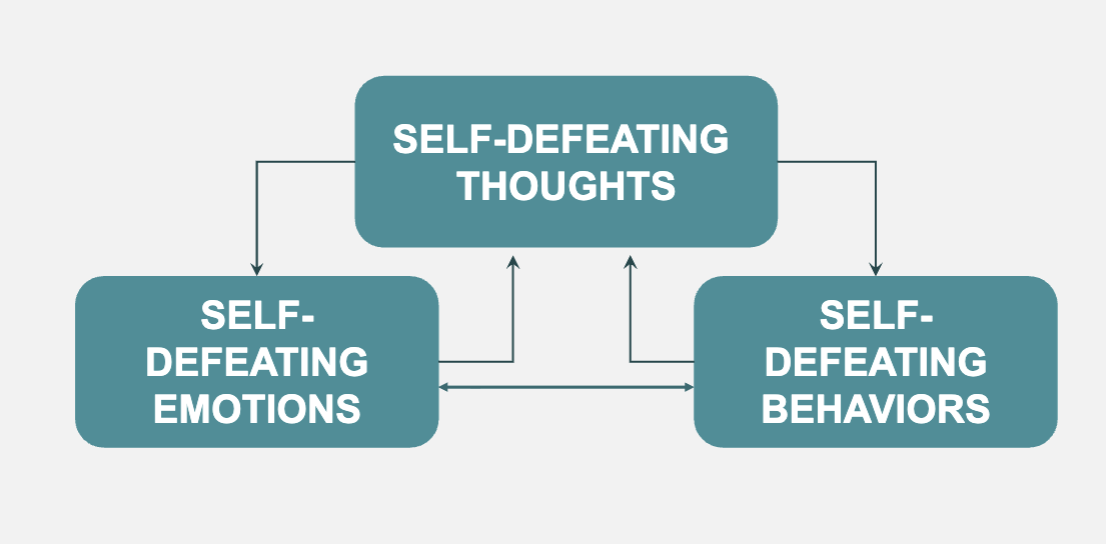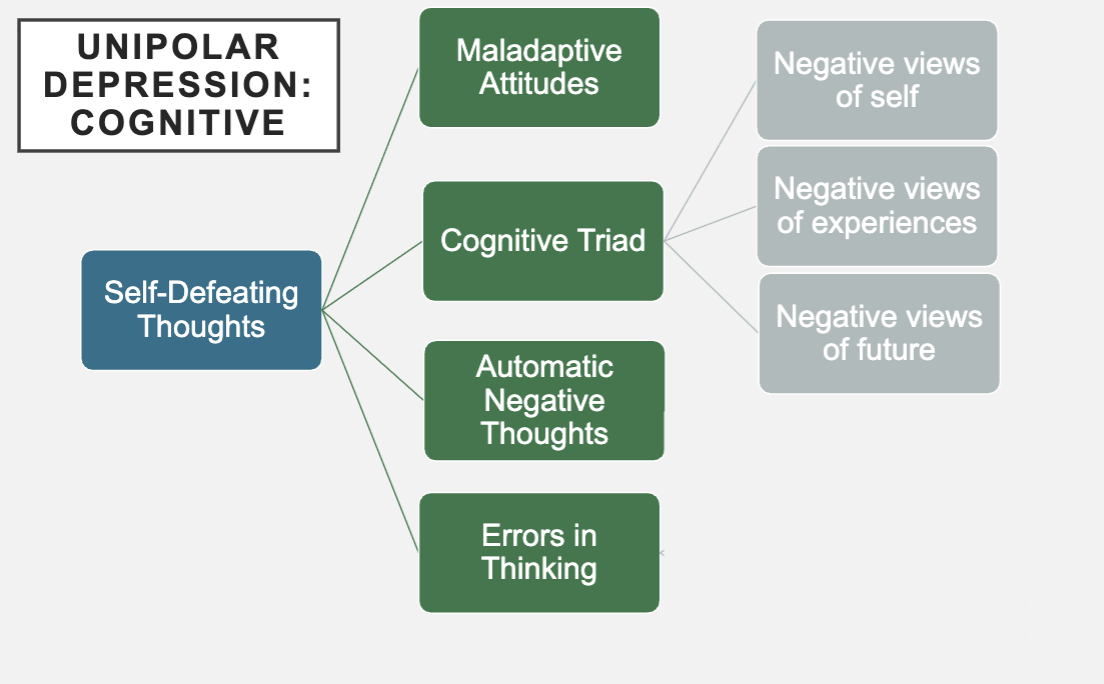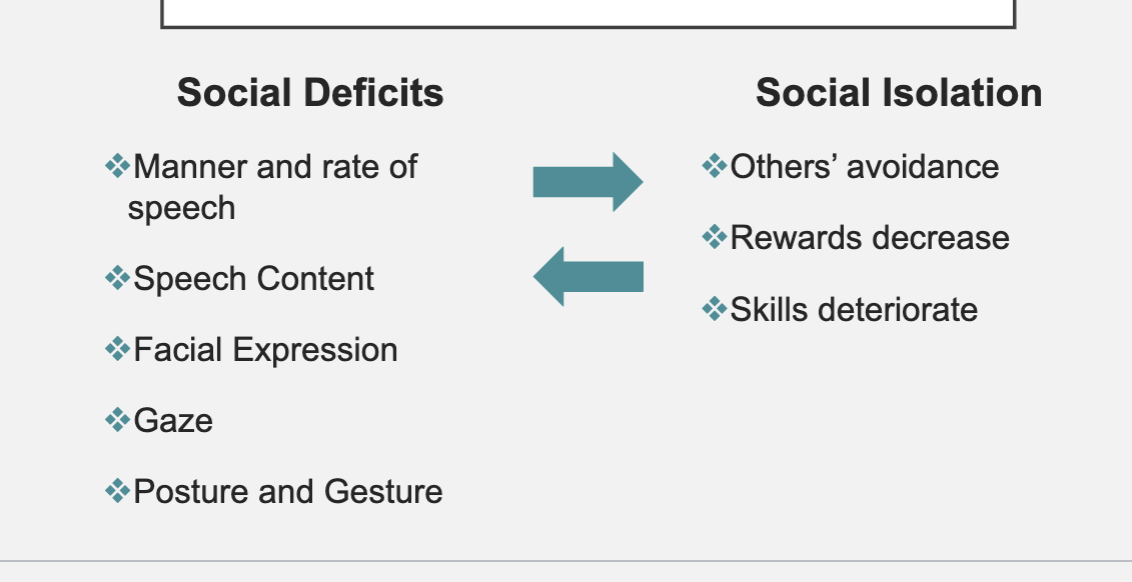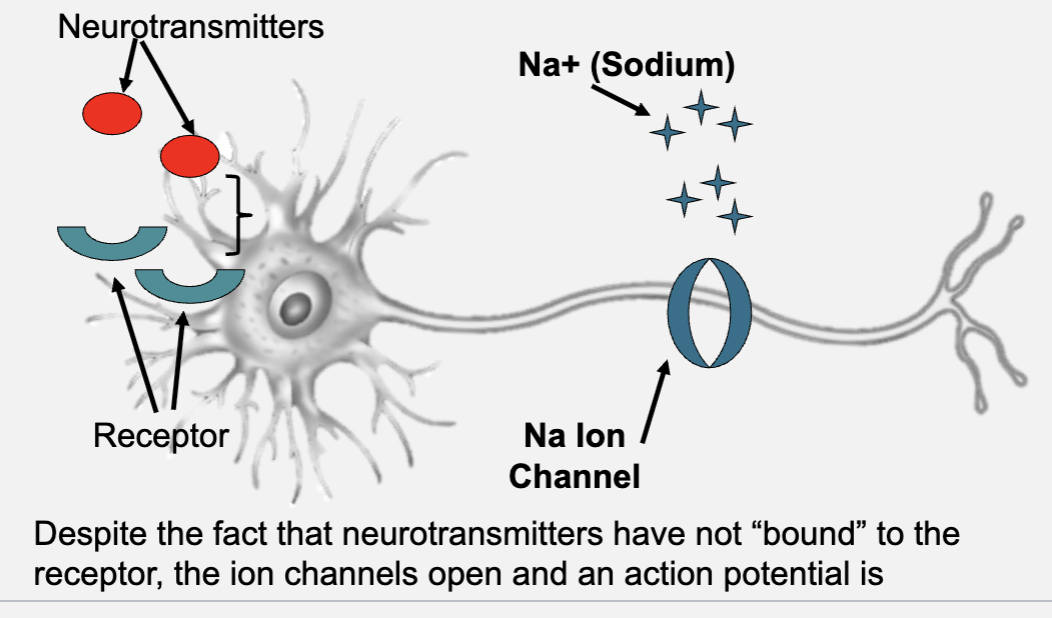Depressive and Bipolar disorders - Perspectives
1/16
There's no tags or description
Looks like no tags are added yet.
Name | Mastery | Learn | Test | Matching | Spaced | Call with Kai |
|---|
No analytics yet
Send a link to your students to track their progress
17 Terms
Unipolar depressive disorders: Biological overview: Genes
Something genetically is passed down with unipolar depression
When they looked at twins they saw that in identical twins there is a 38% chance they both have it, fraternal a 20% chance
There are specific genes that are linked to depressive disorders and we are very confident about this in our research
Unipolar depressive disorders: Biological: Biochemical
Neurotransmitters: Serotonin (sleeping, eating, pain, mood, depression) and Norepinephrine (fight or flight response) are the neurotransmitters that are low with depressive episodes
Endocrine system: Chronic stress can disrupt the HPA axis, leading to excessive cortisol secretion, which has been linked to changes in brain structure and function, and is a common feature in many people with depression.
Unipolar depressive disorders: Biological: Circuits
Serotonin pathway: Fewer serotonin neurotransmitters means communication in the brain s reduced/negatively impaired
Neural activation of reward circuitry is underactive
Neural activation of arousal, anxiety, and alarm are overactive
Subgenual cingulate cortex
Most important brain region in regulating emotion
Correlates with depressed mood, and anhedonia
Unipolar depression: Biological: Immune system
Associated with immune system alterations, including signs of immune suppression and inflammation
But while there is a correlation, we cannot believe this is a cause
Unipolar depression: CBT view
Cycle of
Self-defeating thoughts
Self-defeating emotions
Self-defeating behaviors

Self-defeating thoughts (unipolar depression CBT)
“There’s no point in doing anything” “things are too difficult” “I can sleep and forget about things”

Maladaptive attitudes (self-defeating thoughts of depression CBT)
These attitudes are developed in early life, can be triggered by life events which cause episodes
Cognitive triad (self-defeating thoughts of depression CBT)
Interpret experiences, themselves, and the future negatively
Negative views of self
Negative views of experiences
Negative views of future
Automatic negative thoughts (self-defeating thoughts of depression CBT)
Interpreting everything as being helpless, and therefore they cannot deal with it
Errors in thinking (self-defeating thoughts of depression CBT)
Make arbitrary inferences
Cognitive distortions
Minimize positive experiences
Maximize negative experiences
Self-defeating behaviors (Depression CBT)
You stick to bed, avoid people, work and all potentially satisfying activities
These behaviors keep them stuck in a cycle, by doing this they are not able to get positive affirmations or rewards because there is no opportunity to
Self-defeating emotions (Depression CBT)
You feel tired, bored apathetic, self-hating, discouraged, guilty, helpless, worthless and overwhelmed
Sociocultural perspective on unipolar depressive disorders: Family-social
Unipolar depression is effected by social/family context

Bipolar disorders: Biological view: Biochemical (neurotransmitters)
There is an overactivation of Norepinephrine (fight or flight) and underactivation of Serotonin
Bipolar disorders: Biological view: Ions
Ions are directly involved in action potential
Typical way it works
Sodium Ions: After neurotransmitters bind to receptors, sodium ions bind when channels open and make the neuron positive and allows it to fire
Potassium ions: Channel opens after neuron fires and makes it negative again
With mania: Neurons fire too easily (too much sodium), the neurotransmitters do not have time to bind, but the sodium channel still opens and the neuron still fires
(depression would be underactivation)

Bipolar disorders: Biological view: Genes
There is genetic factor with bipolar disorders
Identical twins have a 40-70% chance of having it if the twin has it
Fraternal twins have a 5-10% chance of having it if a twin has it
Not as much of a factor as depression